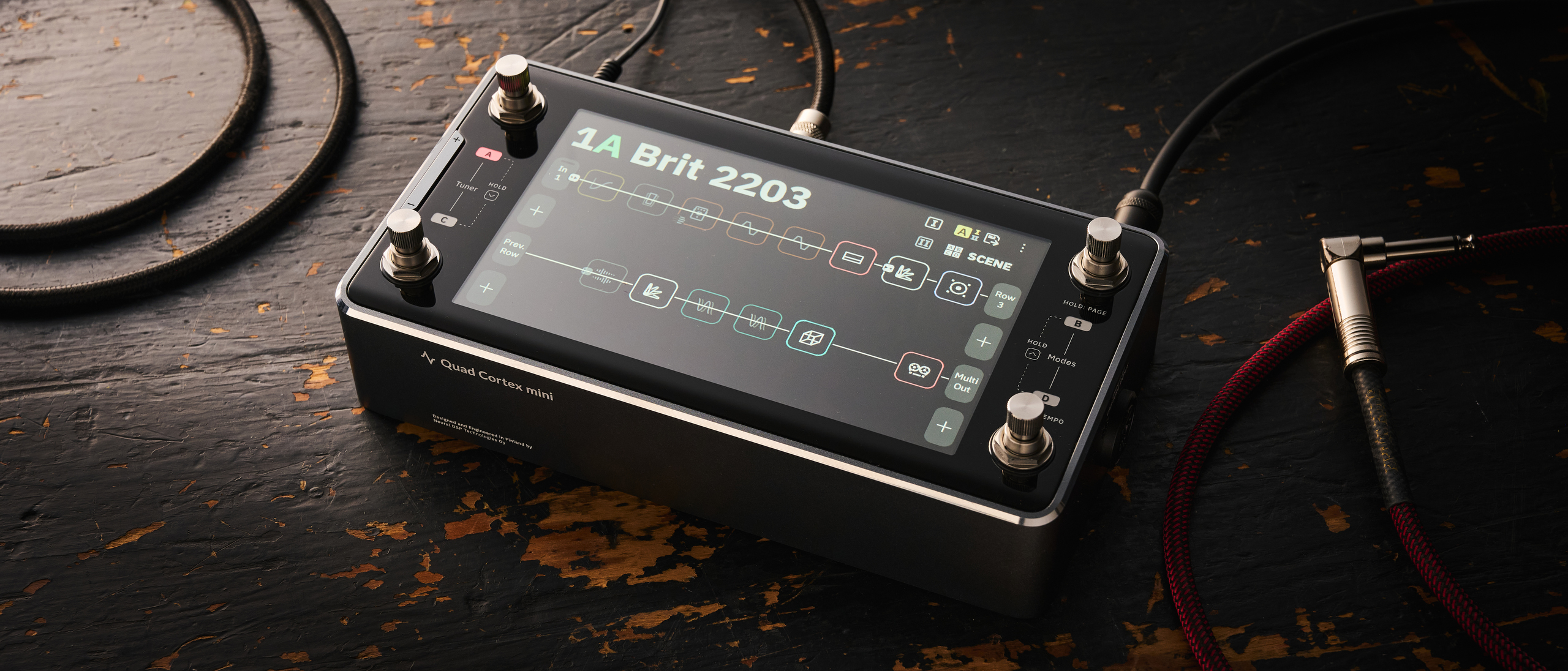Best impulse responses: the secret sauce of great recorded guitar tone
Take your recordings to another level with these high-quality cab IRs from York Audio, GGD, Ownhammer, ML Soundlabs, and more
All the latest guitar news, interviews, lessons, reviews, deals and more, direct to your inbox!
You are now subscribed
Your newsletter sign-up was successful
Amp modeling is rapidly taking over the world of guitar and whether we're recording at home or playing live, more and more guitarists are turning to amp and cab sims for their guitar tones. Many stock cab sims remain unconvincing, which is where the best impulse responses come in. They allow you to capture the magic of a professionally recorded guitar cabinet, load it into your modeler or DAW of choice, and take that perfect tone from your home studio to rehearsal, to the stage, and back again.
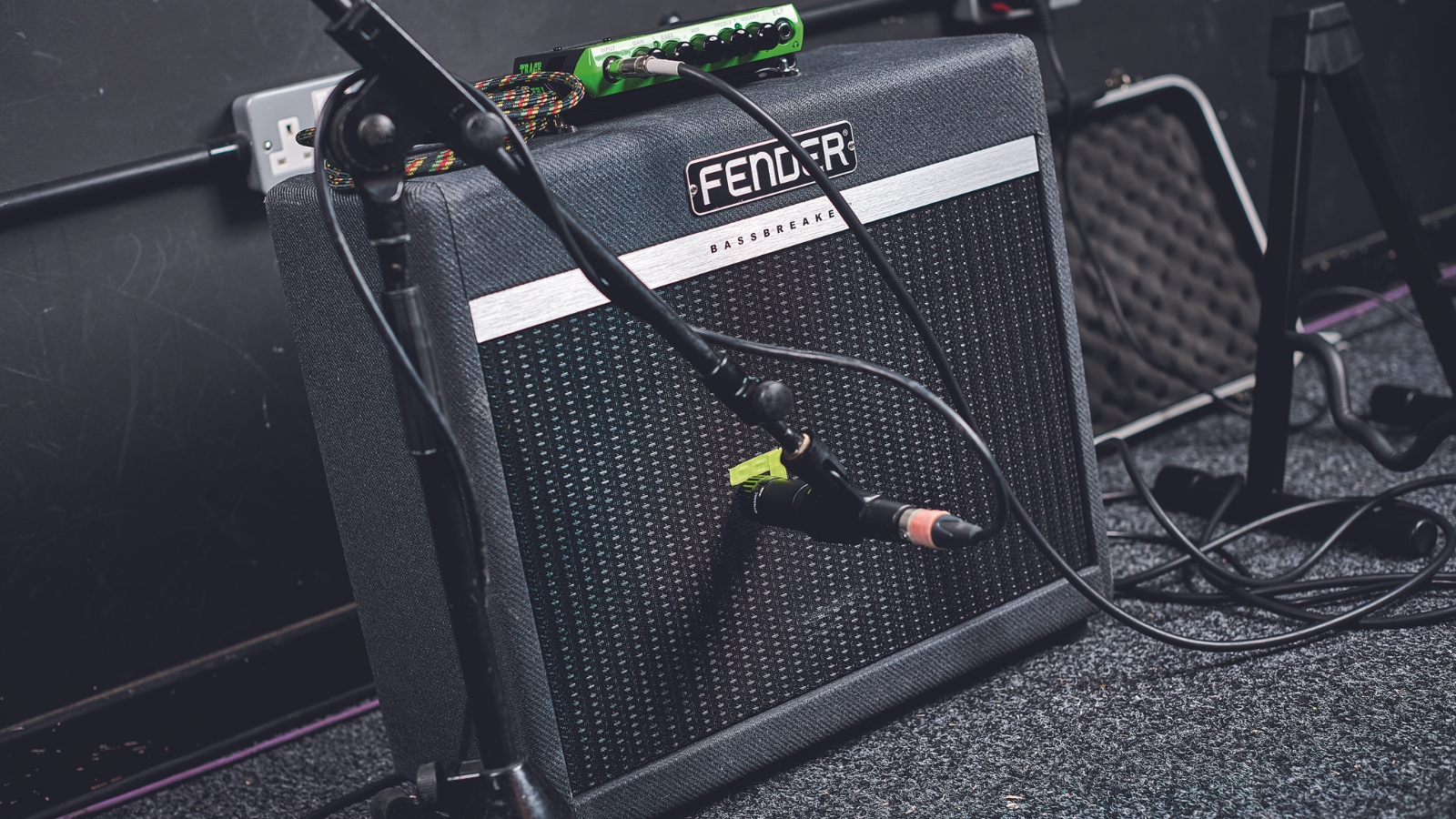
1. The quick list
2. Best overall
3. Best for beginners
4. Best for versatility
5. Best for rock
6. Best for metal
7. Best for vintage tones
8. More options...
9. Buying advice
10. How we choose products
As we lie firmly in the midst of the guitar technological revolution, the impulse response (IR) has become the go-to for guitarists looking for the ultimate in simulated guitar tone. An impulse response is the reaction of any dynamic system in response to some external change, in this case, a microphone reacting to the sound of a guitar amp or cabinet speaker in a particular room.
Rather than modeling the sound of the cabinet itself, instead, an impulse response captures the character of a particular speaker, the room it’s in, and the microphone used to capture the sound. This means you can take a perfectly honed guitar tone anywhere with you, giving your sound consistency across rehearsals, the studio, and the stage.
The popularity of impulse responses is growing rapidly, but there are so many out there it really is difficult to know what’s good and what isn’t before parting with your money. Thankfully for you, we’ve done the hard work for you in picking out the best cabinet IRs available today.
Impulse responses can be a bit confusing if you’re new to them, so it’s definitely worth checking out our buying advice section if you’re buying for the first time. For those of you that already know the deal, keep scrolling for our top picks.

Matt is a Junior Deals Writer at Guitar World and has been playing guitar as his main instrument for well over 20 years. He also plays drums, bass, and keys, producing out of his home studio in Manchester, UK. He has previously worked for Dawsons Music, Northwest Guitars, and freelanced for various magazines and blogs, writing reviews, how-tos, and features. When he's not downloading the latest VSTs or justifying yet another guitar pedal purchase, you'll find him making a racket with Northern noise punks Never Better.
Best impulse responses: The quick list
Want to see the best impulse responses without reading walls of text? Here you'll find our top recommendations, with links to read more if you wish.
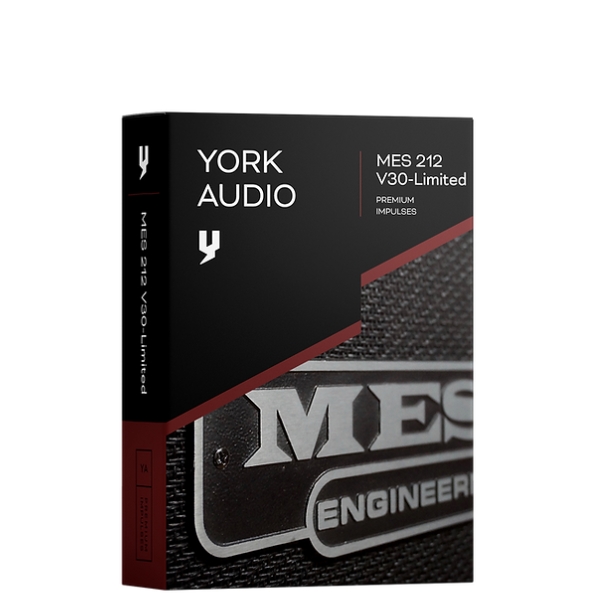
Sitting firmly at the top of the IR game at the moment, York Audio's MES 212 V30 is a fantastically versatile IR that handles high gain just as well as it does pristine clean.
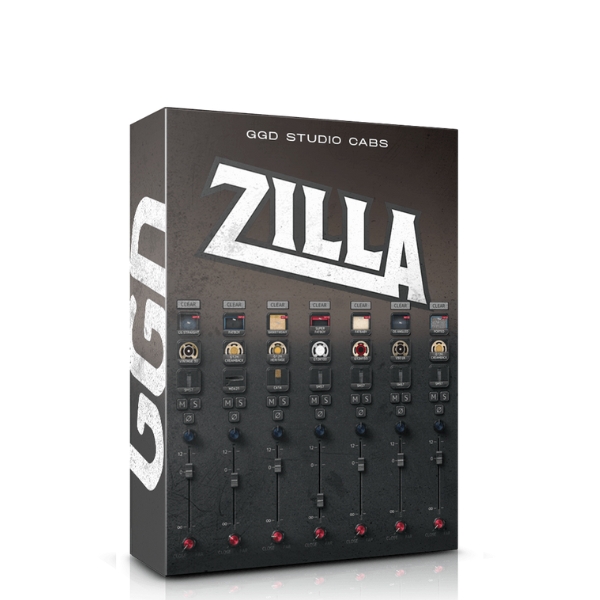
If you're new to impulse responses then GGD Studio Cabs: Zilla Edition is the perfect place to start thanks to its dedicated plugin and intuitive user interface.
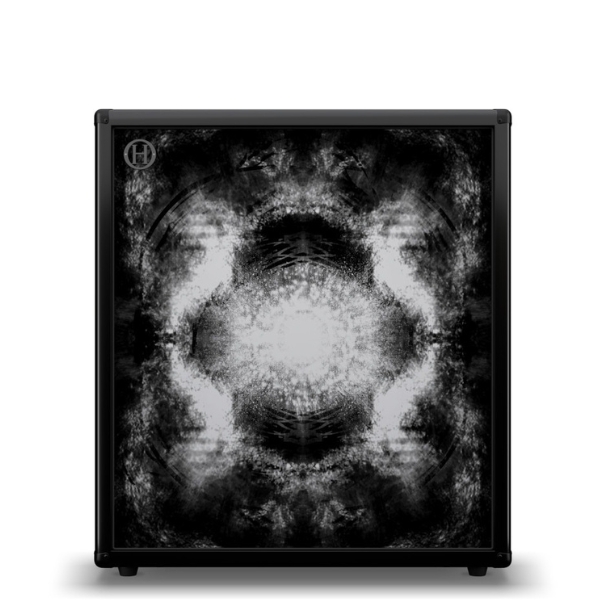
If you love to get heavy but need the versatility of a clean tone, then Ownhammer Modern Progressive Essentials is a super versatile cab IR that can cover a lot of sonic ground.
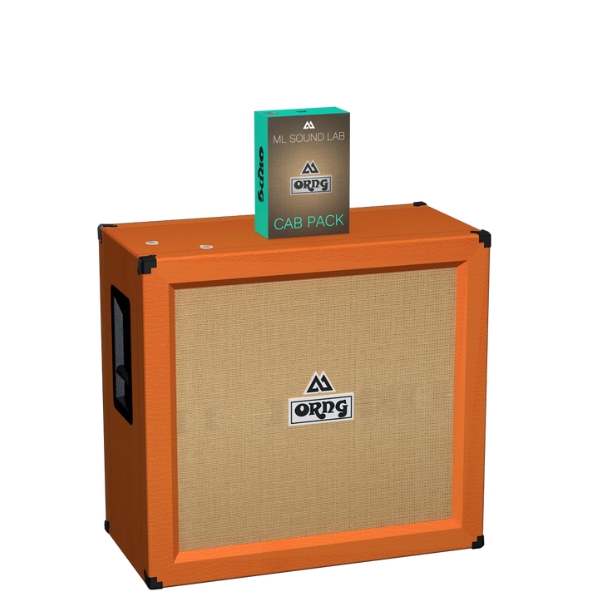
Based on one of the most popular cabs around, ML Sound Labs ORNG Cab Pack gives a great blend of vintage and modern that's spot on for rock and rollers.
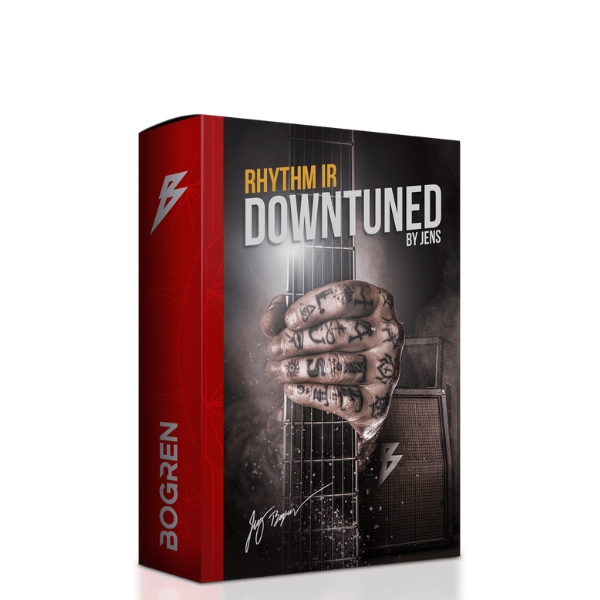
If you own a 7 or 8-string guitar then Bogren Digital Rhythm IR - Downtuned will give you that tight chugging sound and savage low end with none of the mud.
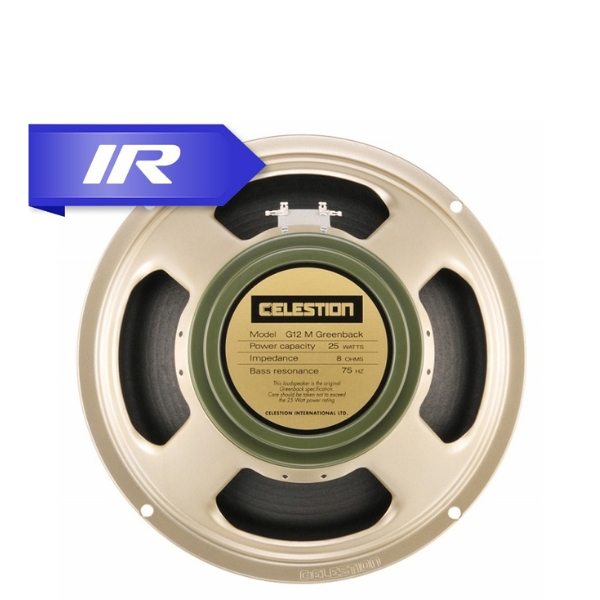
For vintage tone lovers, there's little better than the sound of a Greenback, which makes Celestion's G12M Greenback IR Collection perfect for classic rock aficionados.
Best impulse responses available today
You can trust Guitar World
Here you'll find in-depth writeups and reviews of the best impulse responses available today. We've tested many of these cab IRs rigorously, so you can rely on our recommendations.
Best overall
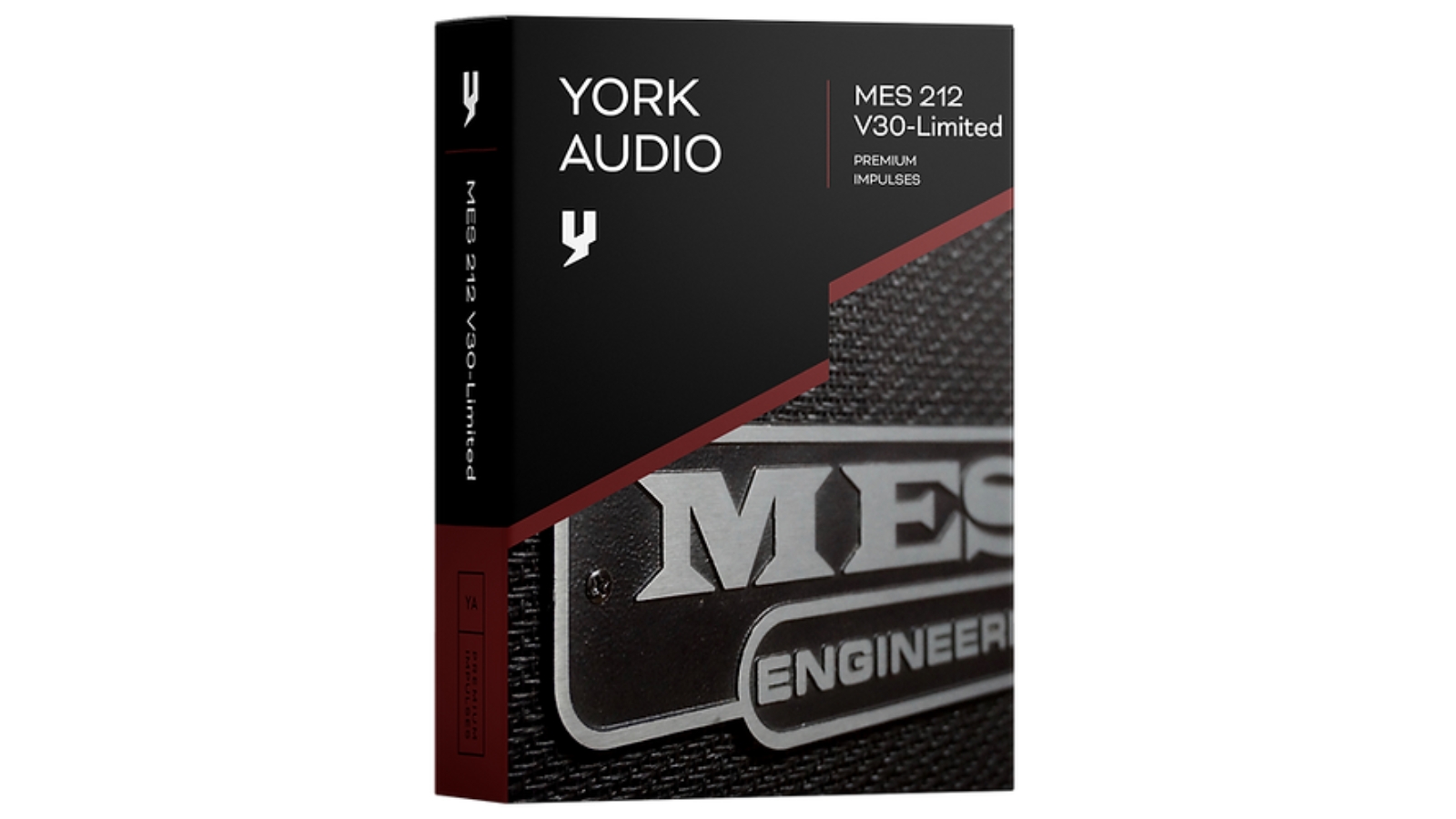
1. York Audio MES 212 V30 Cab Pack
Our expert review:
Specifications
Reasons to buy
Reasons to avoid
The world of impulse responses is very much a burgeoning one, but York Audio is at the top of the game at the moment. The York Audio MES 212 V30 Cab Pack features 10 different mics with everything from the classic SM57 to the more esoteric Neumann FET 47. It’s also available as a $1 limited trial pack but take it from us, this is the gateway to the IR rabbit hole!
The cab itself is a Mesa 2x12 Horizontal Rectifier with two UK-manufactured 70-watt Celestion Vintage 30 speakers. It’s super versatile tonally, handling high gain and clean amps with aplomb and allowing their character to shine through with an open and lively voice.
The MES 212 V30 it’s a great choice for first-timers thanks to the inherent versatility and unlike many other cab simulations, there’s a lot more choice in terms of microphone placement rather than just a typical ‘bright’ or ‘dark’ tone. There are also multi-mic tones in here two, with blended sounds for even more variety. You’ll need a software or hardware IR loader to use this one, but there are plenty of free impulse response loaders if you don’t have a compatible amp modeler.
Best for beginners
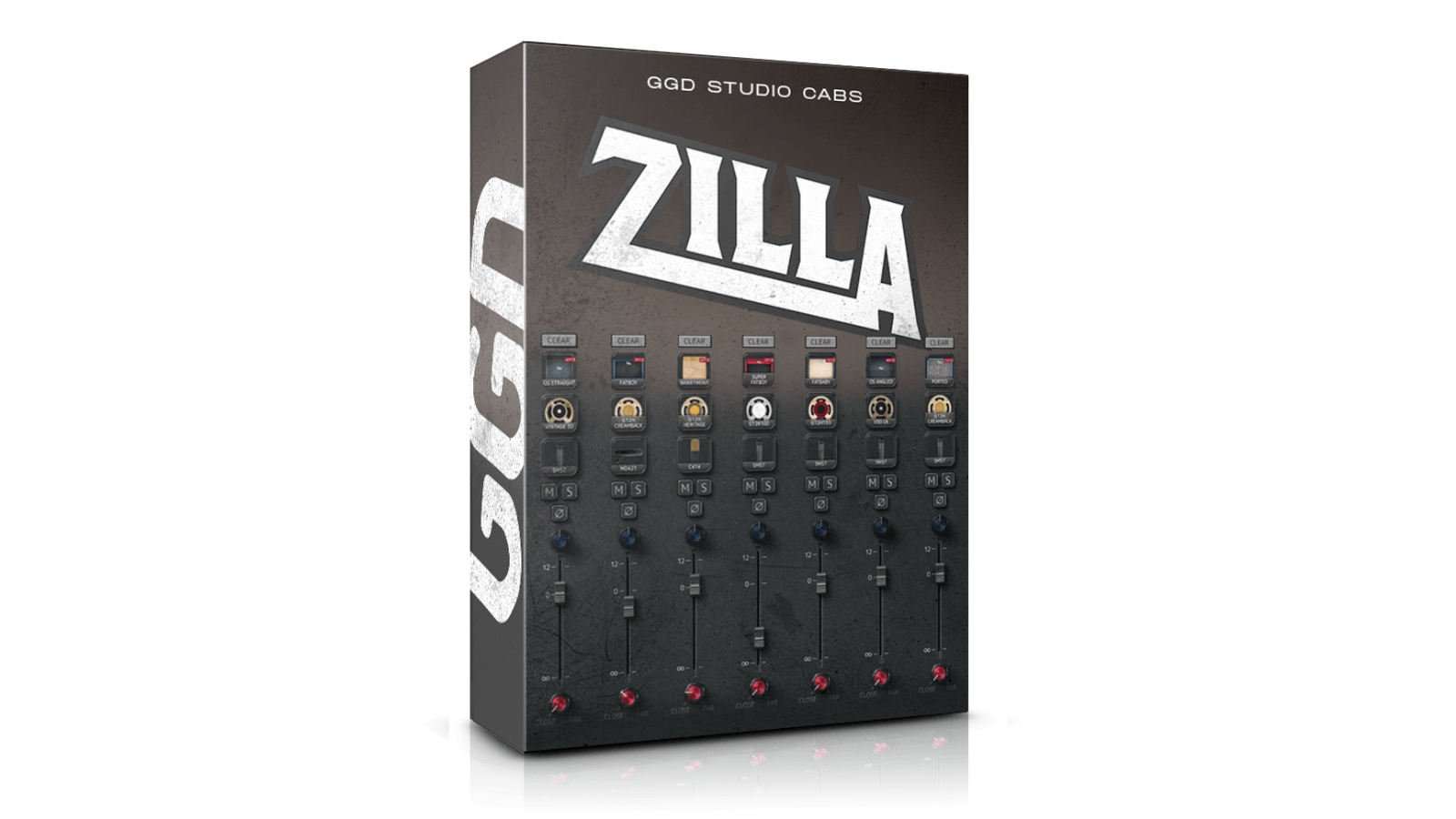
2. GGD Studio Cabs: Zilla Edition
Our expert review:
Specifications
Reasons to buy
Reasons to avoid
Adam ‘Nolly’ Getgood is primarily known for his excellent drum sounds, but GGD Studio Cabs: Zilla Edition shows that doesn’t stop at percussion. Providing 9 different cab varieties and 7 microphones to play with, this excellent collection of IRs is the perfect entryway for those new to the world of IR, or those looking to expand their collection.
Where most IRs need a dedicated loader, GGD Zilla comes with its own dedicated plugin which makes loading and editing them an absolute breeze in your DAW of choice. Conversely, this means you'll need to export your sounds yourself to use with your hardware unit of choice. With 7 slots to customize and audition cab sounds and options to change the cab, speakers, microphone and the distance of the mic, you can dial in pretty much any sound you like.
There are loads of cab choices whether you want a 1x12, 4x12, or even something more unusual like a vertical 2x12. Each cab also has its own dedicated room sound, so you can blend in more space without diving into your reverb plugins folder. For pure ease of use and flexibility, GGD Studios: Zilla is a brilliant choice.
Best for versatility
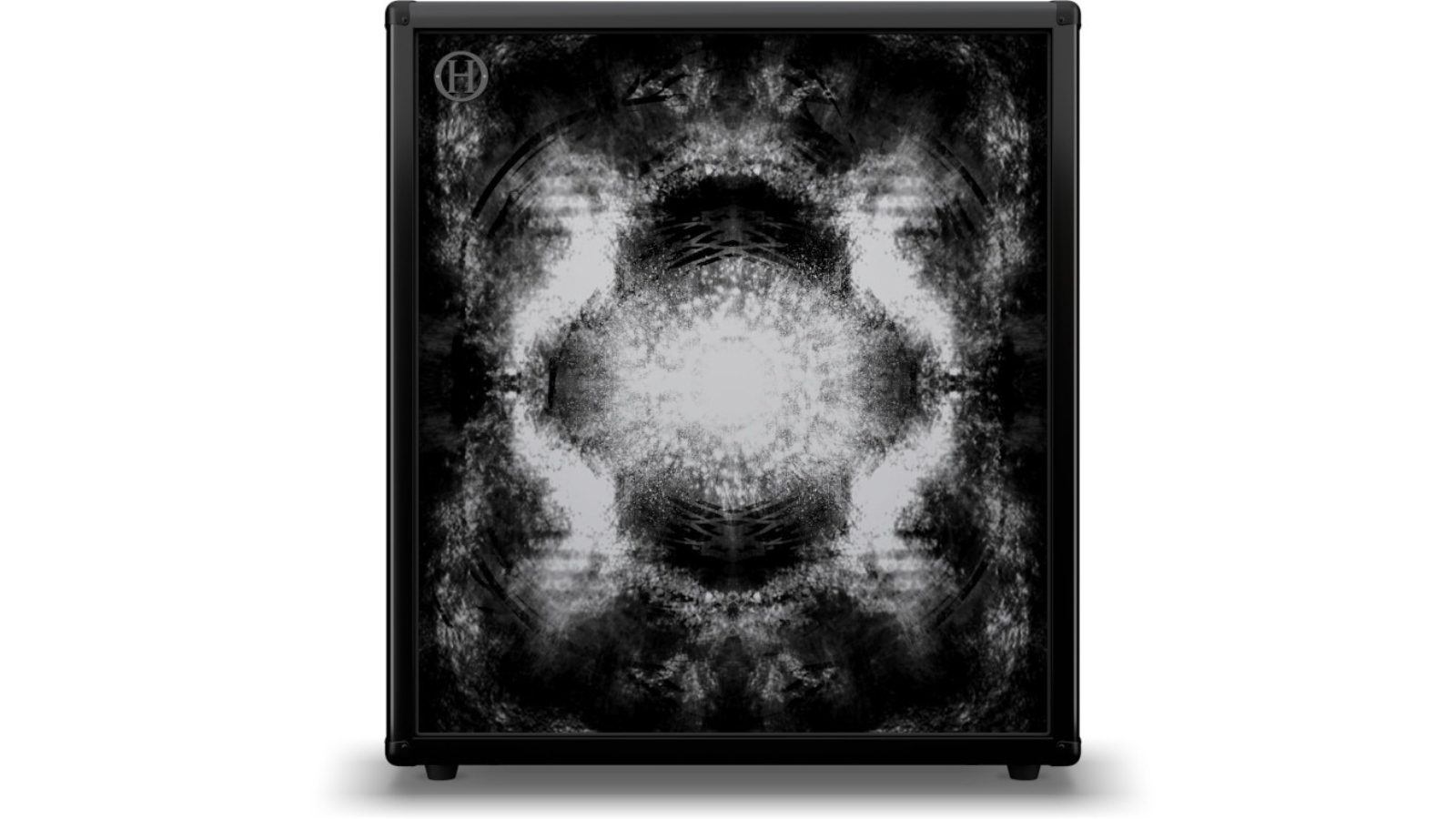
3. Ownhammer Modern Progressive Essentials
Our expert review:
Specifications
Reasons to buy
Reasons to avoid
If you’re a fan of drop-tuned guitars but find many modeled sounds to be too boomy then Ownhammer Modern Progressive Essentials will give you that heft you want without the mud. Based on the sound of British prog metal bands of the 2010s like Sikth and Tesseract, these sounds aim to give you that precision high gain tone with the flexibility for complex tapped clean passages.
We were super impressed with the sound of these and even with relatively little mixing, were able to get some properly girthy djent tones that had our heads banging immediately. Unlike some IR collections, these are very clearly labeled, which is good as there is a lot of choice on offer. With everything from the SM57 to the MD421 and a whole host of placements on the cab itself, you won’t run out of sounds for a while with this pack.
The file formats are broad enough for use on most of the major amp modelers like QC, HX, Kemper, and Axe-FX but you’ll need your own software IR loader to run these in your DAW. For lovers of all things heavy, these are definitely the IRs you’ve been looking for.
Best for rock
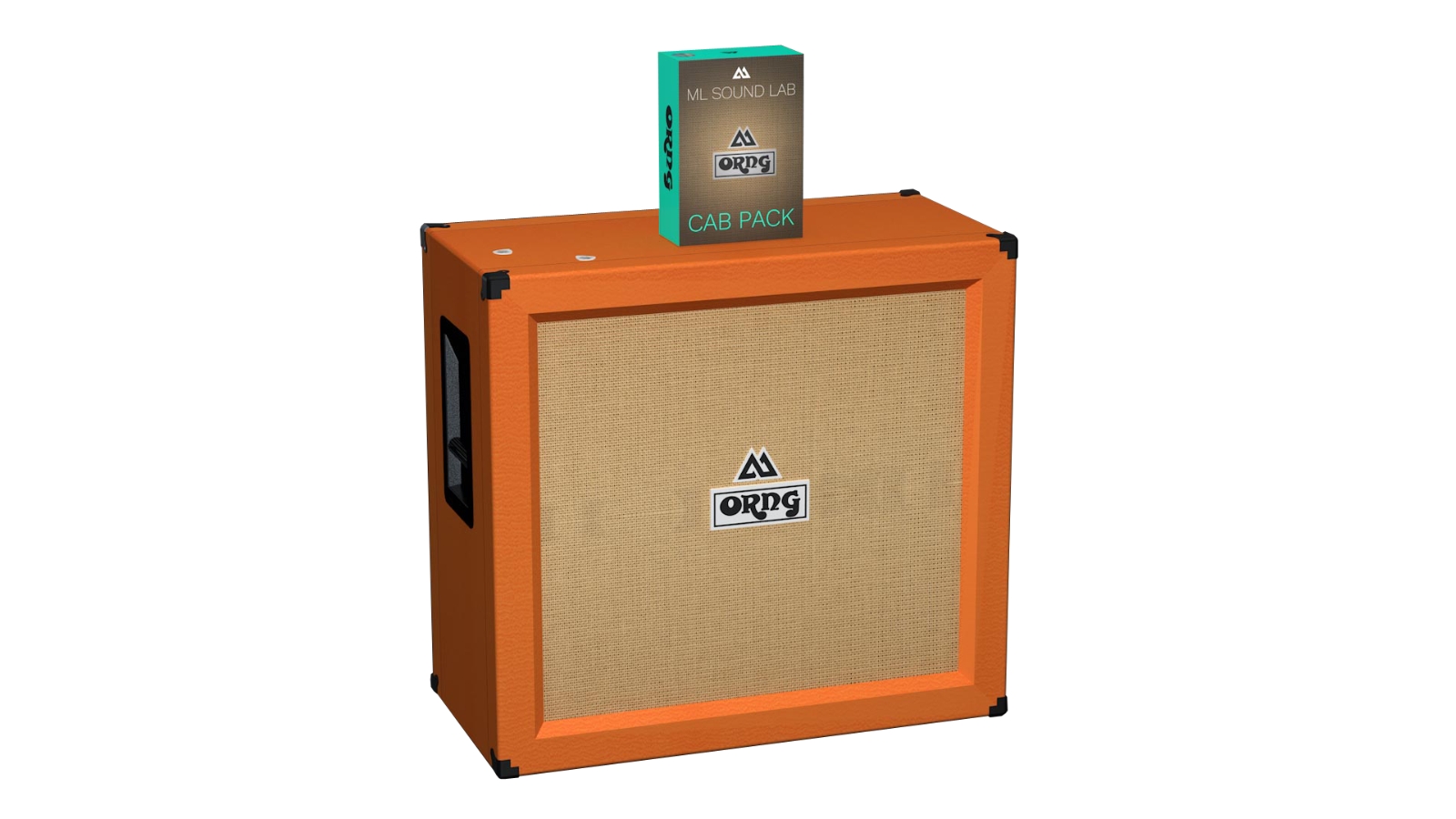
4. ML Sound Labs ORNG Cab Pack
Our expert review:
Specifications
Reasons to buy
Reasons to avoid
The mandarin-colored cab of the Orange PPC412 is a stalwart amongst stages the world over, and now you can get the sound of one anywhere with the excellent ML Sound Labs ORNG Cab Pack. Coming with seven mic sounds, five variations, plus 8 multi-mic mixes with appropriately fruity names to get you started.
Blending the best of both vintage and modern guitar tones, this highly versatile pack can chug just as well as it accommodates the wider demands of a modern rock player. The captured cab was fitted with Celestion Vintage 30 speakers and the resultant sound is amazingly full in the midrange with lovely, smooth highs that react well to a variety of picking inputs.
It comes in a variety of formats to match the demands of the majority of popular amp modelers and cab IR loaders, so you’re unlikely to come across any issues here. Handily there are also some minimum phase transform versions that play nicely with other impulse responses should you want to mix and match.
Best for metal
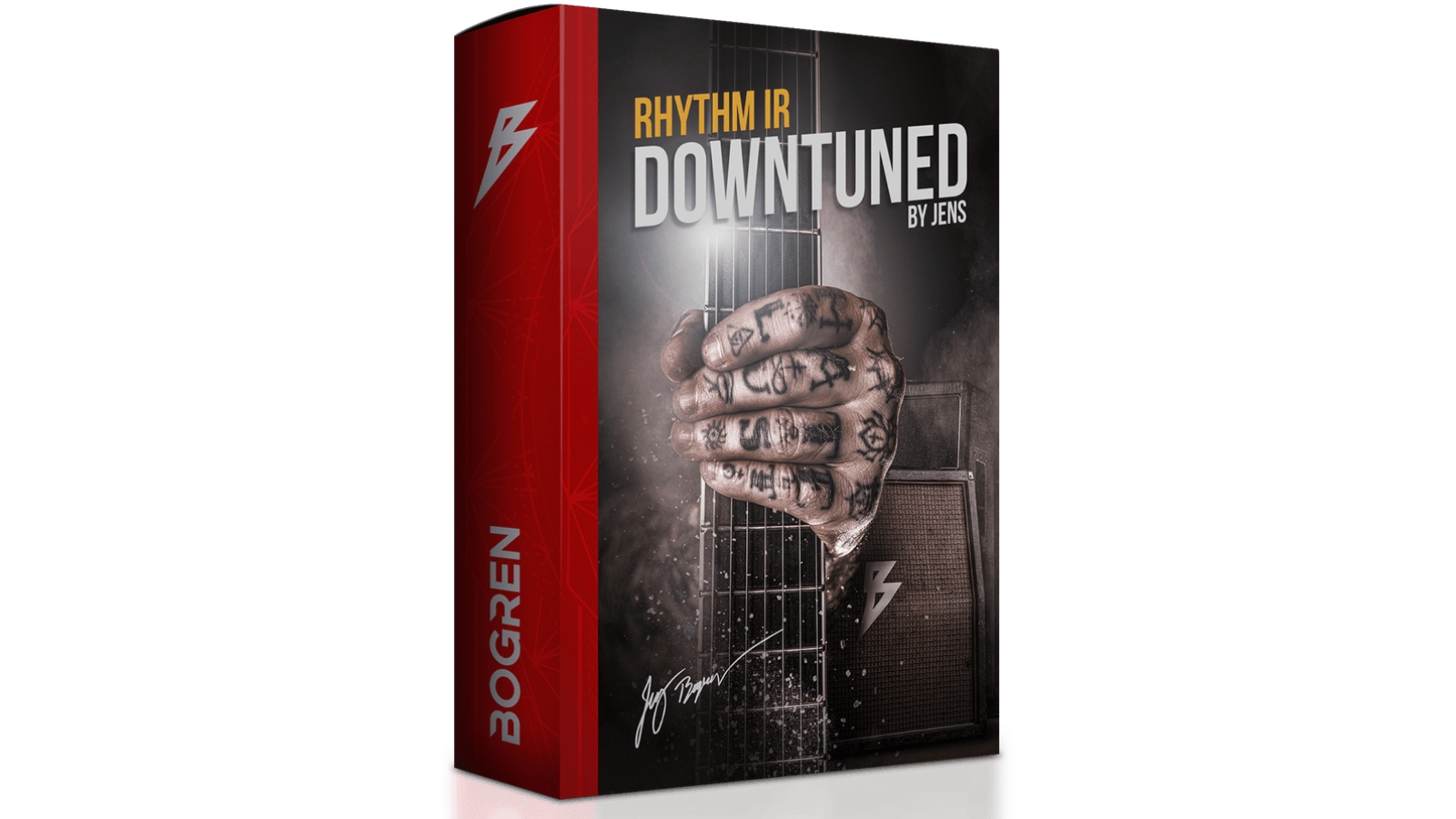
5. Bogren Digital Rhythm IR - Downtuned
Our expert review:
Specifications
Reasons to buy
Reasons to avoid
Jens Bogren has some serious credits to his name when it comes to modern metal. Having mixed tunes for Opeth, Between the Buried and Me, Arch Enemy, and many more you can bet he knows a thing or two about mixing heavy guitars.
If you’ve found other IRs aren’t tight when you start down-tuning past G, then the Bogren Digital Rhythm IR - Downtuned is the one for you. Whether you play a 7, 8, or even a 9-string guitar, these IRs keep your lows sounding tight, low mids mud-free, and a high end that is bright enough to cut through without being harsh.
One of the best things about these IRs is that they’ve already been EQ’d by the man himself, making it super-easy to drop them straight into your mix with minimal tweaking. You’ll need a dedicated IR loader if you’re using it in your DAW, but the formats are all there for dropping into a Quad Cortex, Helix, Kemper, Axe-FX, and many more hardware units.
Best for vintage tones
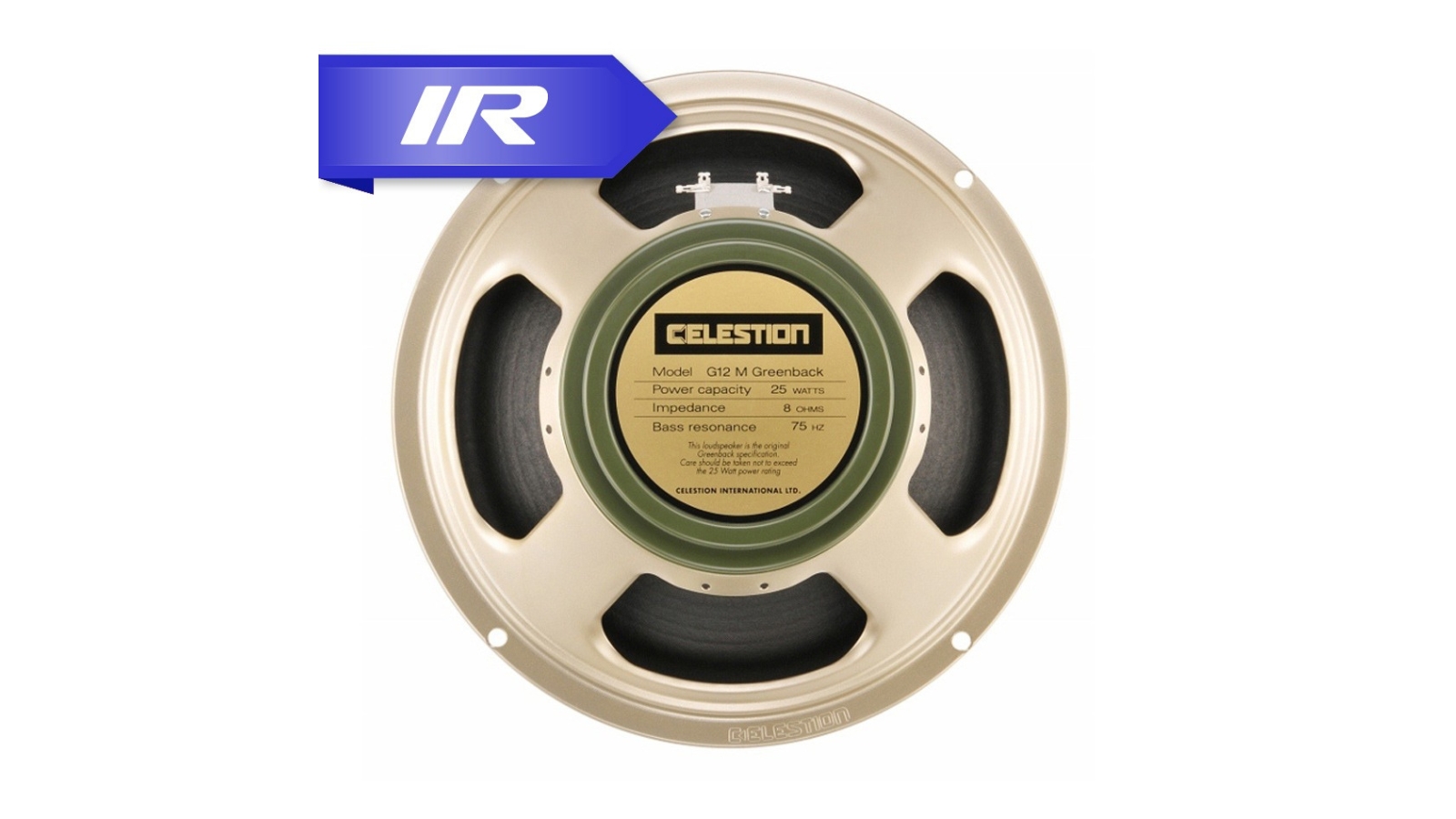
6. Celestion G12M Greenback IR Collection
Our expert review:
Specifications
Reasons to buy
Reasons to avoid
As the maker of some of the most eminent guitar cabinet speakers ever, Celestion’s foray into impulse responses makes complete sense for vintage tone seekers. The Celestion G12M Greenback IR Collection gives you that classic British tone in a bottle, allowing you to up the ante on your recordings without spending loads of money.
You get a range of microphone options including the classic SM57 and a Royer ribbon microphone, two stereo room mics for adding ambience, and even a reverse cab speaker for the open back cabinets. When you start blending these together, it really gives you that wall of sound tone from professional recordings.
Instead of messing around with mic placement and amp positioning in the room, you can simply mix the various IRs together with ease to create your desired sound. Whilst they’re not advised for modern high-gain sounds, if you’re looking for that classic rock tone these are the perfect IRs to give you that Angus Young sound.
More options...
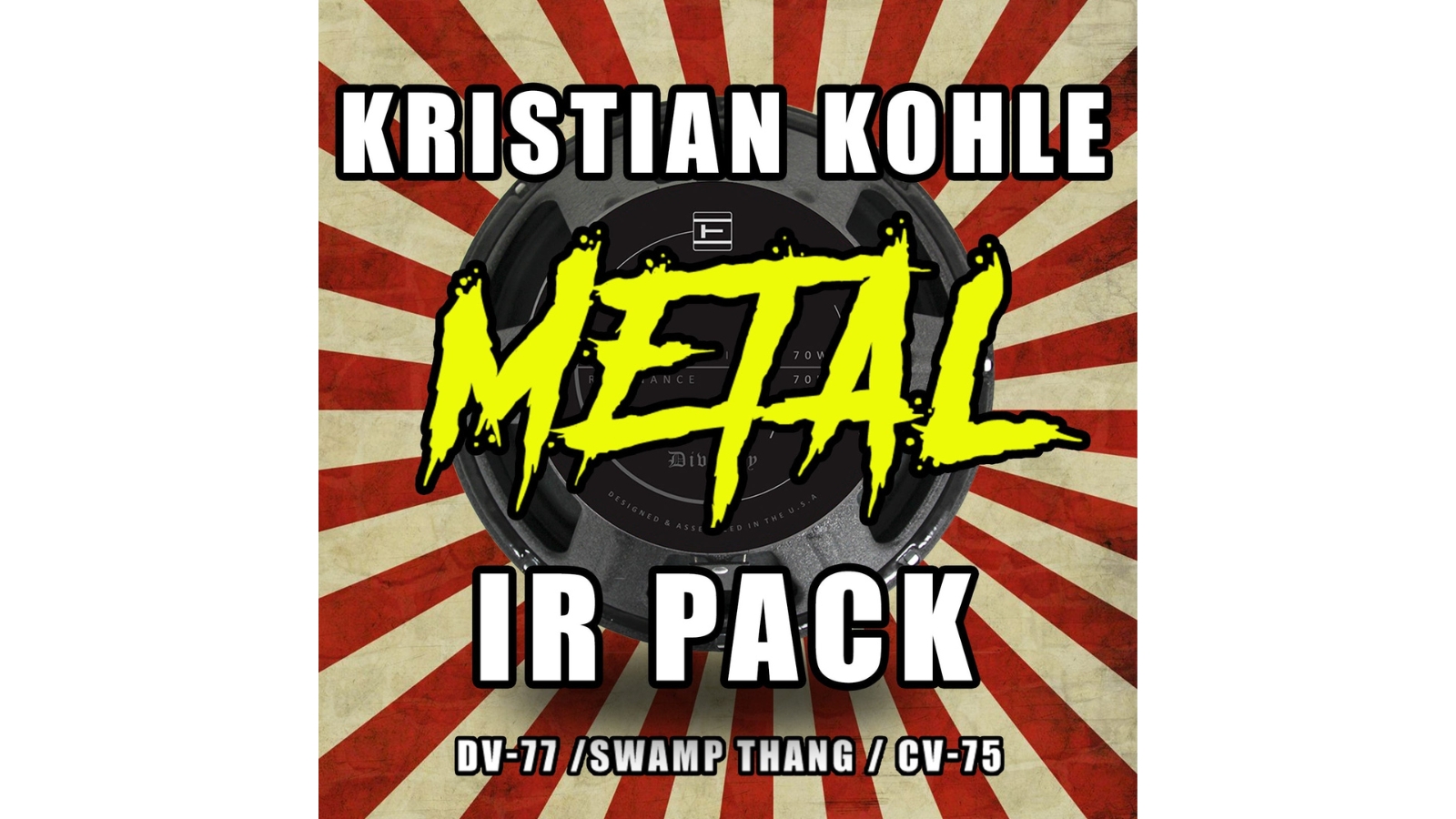
7. Eminence Kristian Kohle Metal IR Pack
Our expert review:
Specifications
Reasons to buy
Reasons to avoid
Designed in conjunction with metal producer Kristian Kohle, the Eminence Kristian Kohle Metal IR Pack contains three captures of speakers from American speaker legends Eminence as well as some of Kritian’s hand-picked blends for some mix-ready tones.
There’s a great selection of sounds that range from hefty low end to the grittier grind, and the DV-77 speaker is particularly gnarly sounding. We loved the DV-77 Fat WAV, which just sounds great with any kind of playing whether you’re chugging low chords or tremolo picking higher up the neck.
They’re compatible with many different hardware units and there’s plenty of scope in terms of EQ to create the perfect blend by yourself. They’re more versatile than some of the others on the list, but definitely not suited to other styles outside of rock and heavy metal.
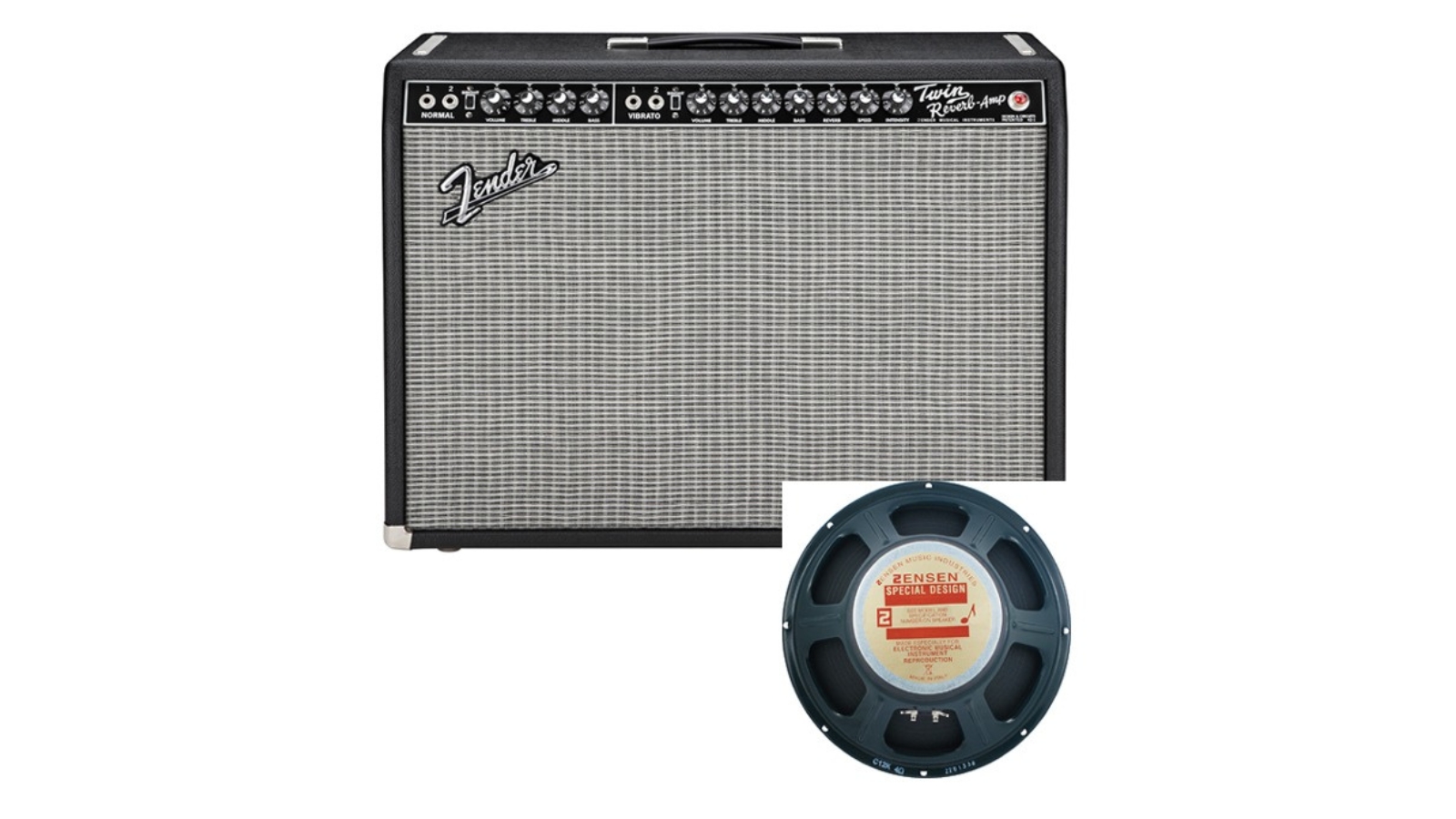
8. Zombie Cabs FN2100 Series
Our expert review:
Specifications
Reasons to buy
Reasons to avoid
If you’re the sort of player who likes lots of choice then Zombie Cabs FN2100 Series is a good option for you. With seven microphones in four different positions and two room mics, the Zombie Cabs FN2100 Series captures that much-loved Fender 2x12 open-back cab with a Jensen C12K speaker.
Zombie Cabs goes a slightly different route from others on this list, their main appeal lies in being able to select your specific power amp. There are 16 different tube amps for you to choose from, with a selection including options from Fender, Marshall, EVH, Orange, and Vox letting you get specific with your tone of choice.
You get 30 different IRs once you’ve made your selection, as well as a bonus 30 recorded with a solid-state amp. When you add multiple formats into the equation, there are plenty of options to keep your recordings sounding fresh.
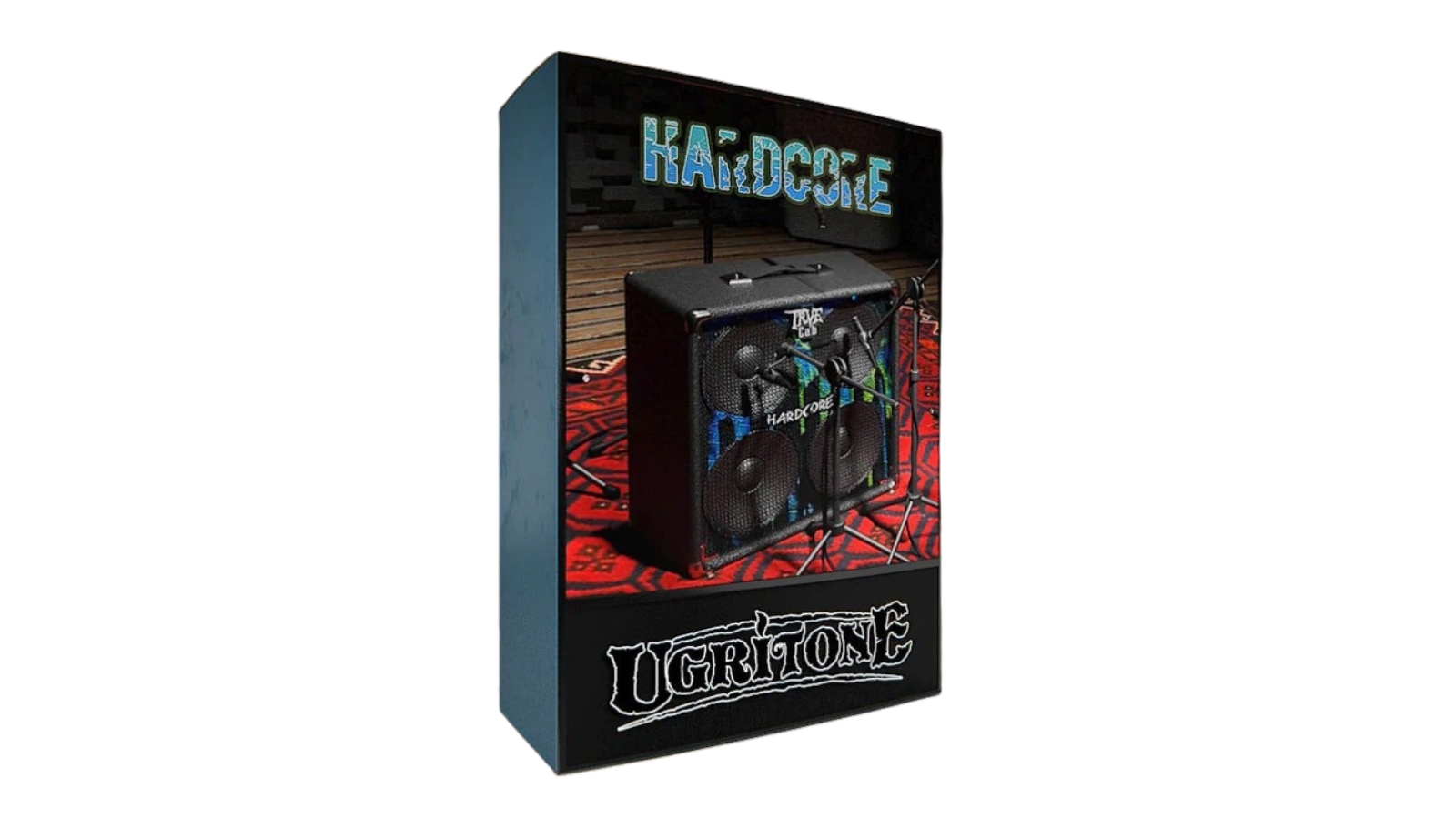
9. Ugritone Hardcore IR Pack
Our expert review:
Specifications
Reasons to buy
Reasons to avoid
If you’re all about beatdowns and tough guy hardcore, the Ugritone Hardcore IR Pack will get you the guitar tone you need. Designed to give you tones from Minor Threat to Knocked Loose, this is a selection of sounds that mixes modern and vintage to great effect.
These aren’t your typical pure cab tones, these are sounds that are purposefully nasty to embody the typical sound of hardcore bands. Perfect for punk and thrash-inspired riffing they pairly lovely with American high-gain amplifiers, allowing for much chugging and fast power chord work.
You get five mics in total, with 7 different positions to allow you to sculpt a purposefully darker tone or pair it with something brighter for more fullness. The room sound comes courtesy of the legendary Neumann U47 and there are plenty of other options for creating a full and lively guitar tone.
Best impulse responses: Buying advice
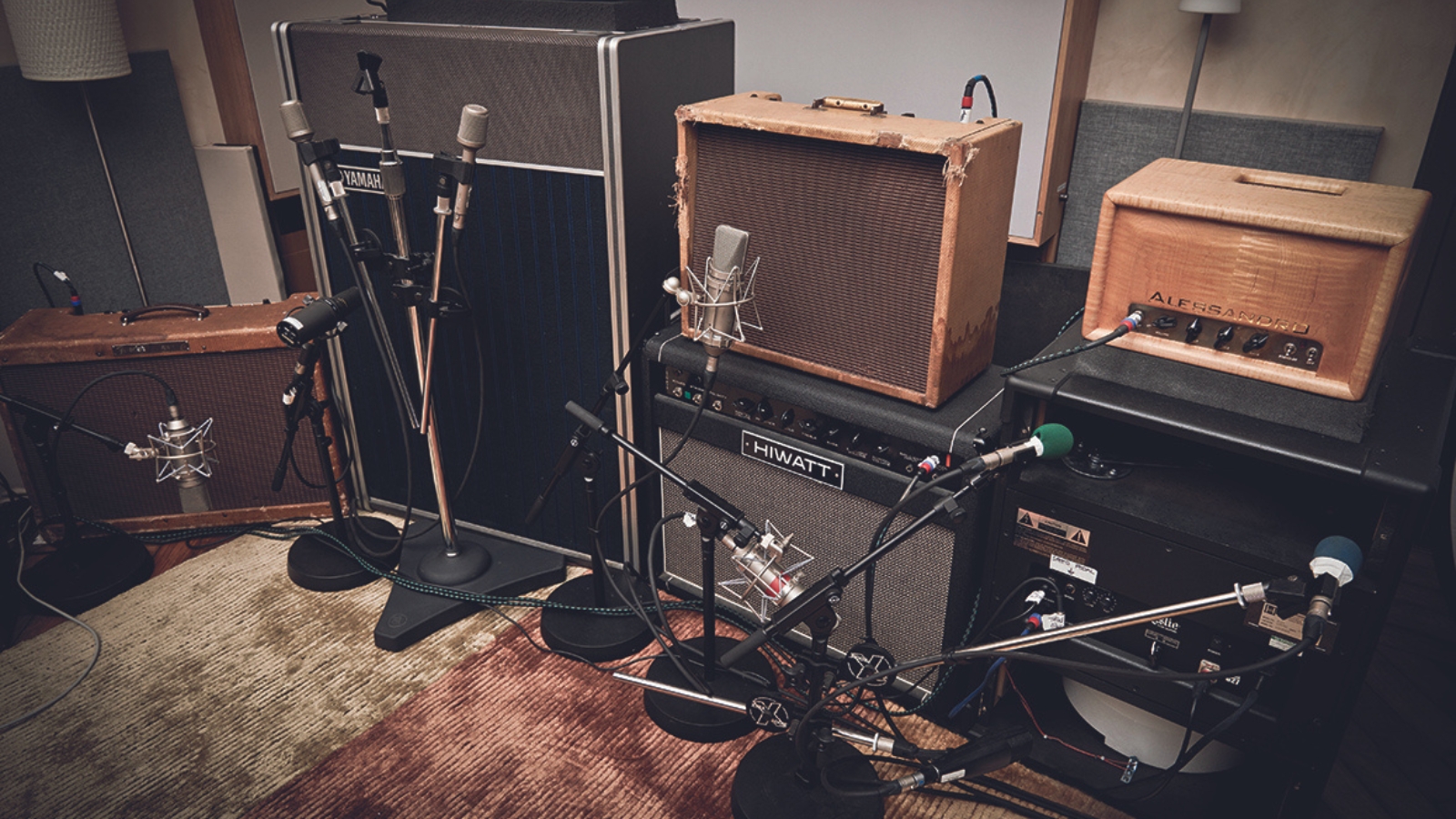
What is an impulse response?
In terms of the guitar, an impulse response is a measurement of a sound source, usually a mic’d up guitar cabinet in a room. This ‘snapshot’ or ‘capture’ of the guitar cabinet allows you to take a great tone and use it in any studio, rehearsal room, or live on any stage. It means you can get a classic speaker sound from a 4x12 without using an actual cabinet which is often impractical for home use.
Another example of an impulse response is a convolution reverb, where the sound of a physical space is captured, allowing you to play your own sounds through a room you’ve never actually been in. The theory is the same as the cabinet impulse response, allowing you to play your guitar through a cabinet you don’t own.
Does the impulse response go before or after the amp?
The impulse response will always go after the amplifier, just like a speaker on a combo or cabinet when paired with an amplifier head. There are a couple of ways you can go about using an impulse response, however.
One of the most common ways is to use an IR loader in your DAW. You assign your guitar VST of choice to a track, bypass the cabinet section if there is one, then put the IR Loader next to simulate a cabinet. There are loads of free and paid options for IR loaders if you’re going to go this route. Some guitar plugins also have their own IR loader section, allowing you to import your sounds and use them within the plugin itself.
The second option is to use a hardware unit like the Neural DSP Quad Cortex or Line 6 Helix units. You can import your impulse responses into these units to be used live on stage, allowing you to take your well-crafted tone wherever you want with a minimum of fuss. The way you do this will depend upon your particular unit, but this will be covered somewhere in the manual.
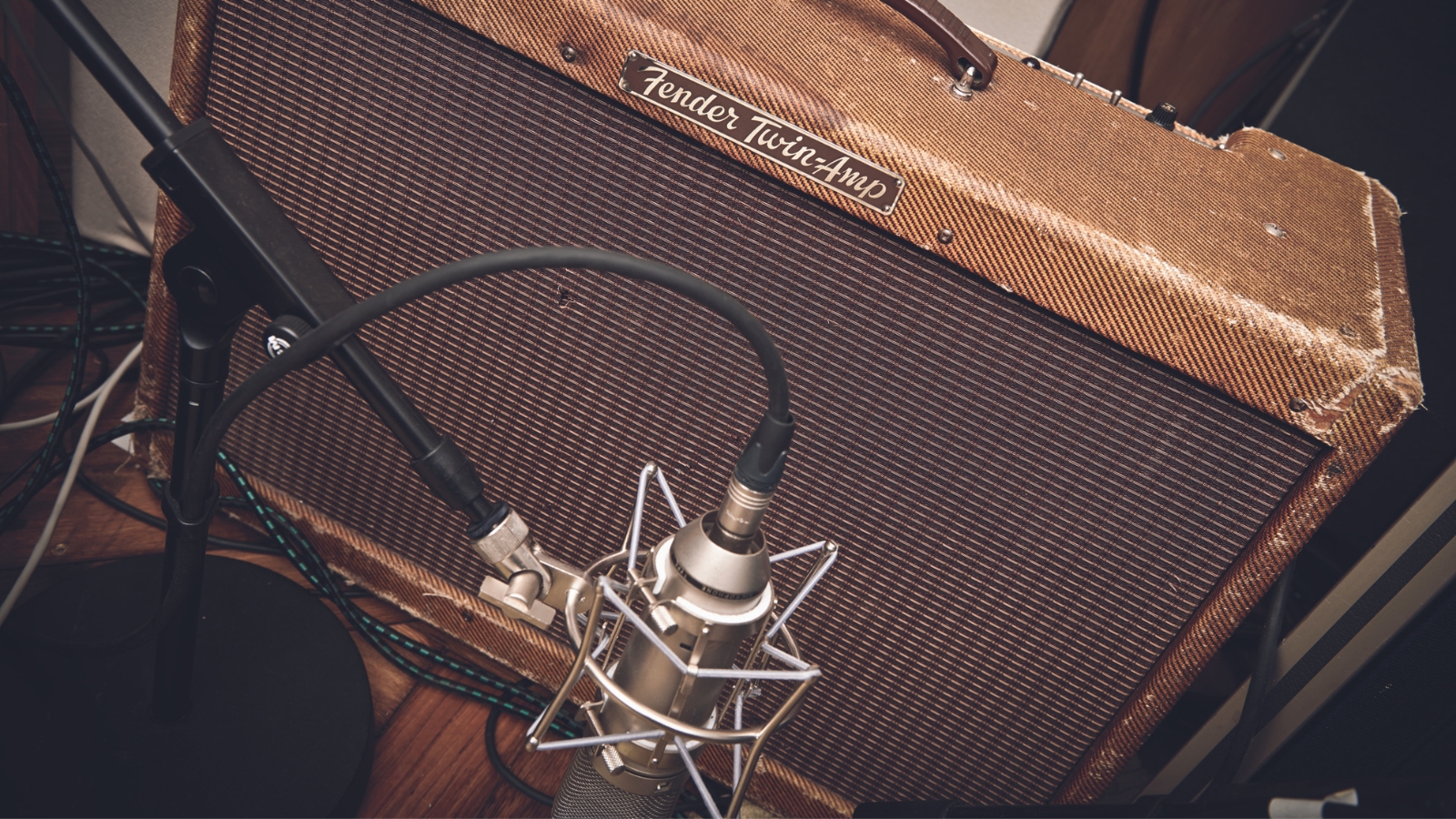
What is the difference between an impulse response and a cab sim?
The line between impulse response and cab sim is a little blurry, but typically a cab simulator is used with an actual guitar amplifier, whilst an impulse response will be used with an amp simulator or a floor modeler like the Quad Cortex, Helix, Kemper, or Axe-FX. They both do a similar thing but the use case is ever so slightly different.
You can use an impulse response with a proper tube amplifier head, but you’ll need a reactive load to simulate your amp being plugged into a cabinet before you send it to the IR. This is because if you use an amp head without the correct speaker, you can potentially damage it. The same isn’t true of a solid-state amplifier, so these are fine to be connected straight to an impulse response loader.
How we choose the best impulse responses
At Guitar World, we understand the pivotal role that impulse responses (IRs) play in crafting impeccable guitar tones. With our team of experienced musicians, we've delved into the world of IRs, extensively testing various libraries and packs in real-world scenarios to offer you practical and reliable reviews and recommendations.
Our carefully curated selection of the best impulse responses embodies exceptional sonic fidelity, versatility, and creative potential. We meticulously evaluate factors such as sound quality, variety of tones, ease of use, and compatibility to ensure that these IRs stand out as prime examples of tonal excellence.
With Guitar World as your trusted source, explore our recommended impulse responses, all thoughtfully evaluated by fellow musicians. Whether you're a studio aficionado, live performer, or bedroom player, our expertise ensures that you'll discover the IRs that elevate your guitar sound, capture your desired ambiance, and inspire your musical creativity.
Related buyer's guides
- You might need one of the best electric guitars
- If you're on a budget, look at the best cheap electric guitars under $500
- Or get practicing: the best practice amps
- These are the best modeling amps
- Practice in peace with the best guitar amp headphones
All the latest guitar news, interviews, lessons, reviews, deals and more, direct to your inbox!

Matt is a Junior Deals Writer here at Guitar World. He regularly tests and reviews music gear with a focus on guitars, amps, pedals, modelers, and pretty much anything else guitar-related. Matt worked in music retail for 5 years at Dawsons Music and Northwest Guitars and has written for various music sites including MusicRadar, Guitar Player, Guitar.com, Ultimate Guitar, and Thomann’s t.blog. A regularly gigging guitarist with over 20 years of experience playing live and writing and recording in bands, he's performed everything from jazz to djent, gigging all over the country in more dingy venues than you can shake a drop-tuned guitar at. When not writing articles for Guitar World, you'll find him making a racket with northern noise punks Never Better.
